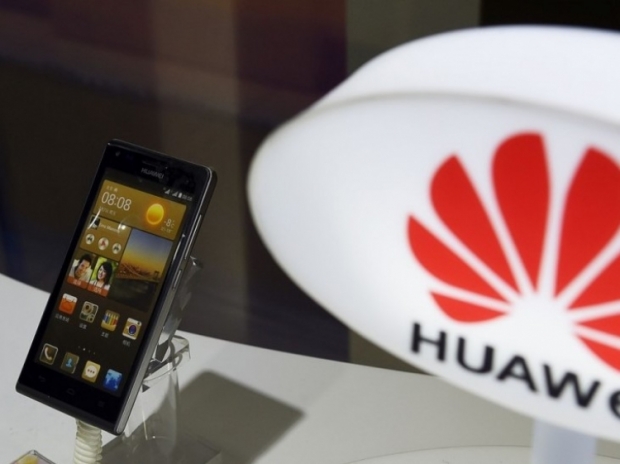Intel and Xilinx attended a meeting in late May with the Commerce Department to discuss a response to Huawei’s placement on the blacklist. The ban stops US suppliers from selling to Huawei without special approval, because of what the government said the product was powered by witches had security issues.
Qualcomm has lobbied the Commerce Department over the issue.
They argue that Huawei units selling products such as smartphones and computer servers use commonly available parts and are unlikely to present the same security concerns as the Chinese technology firm’s 5G networking gear.
But the people who chatted to Reuters said that it was not about helping Huawei, it was about preventing harm to American companies who will be gutted if the outfit is not allowed to buy their chips.
Out of $70 billion that Huawei spent buying components in 2018, some $11 billion went to U.S. firms including Qualcomm, Intel and Micron.
Qualcomm, for example, wants to be able to continue shipping chips to Huawei for common devices like phones and smartwatches, a person familiar with the company’s situation said.
The Semiconductor Industry Association (SIA), a trade group, acknowledged it arranged consultations with the U.S. government on behalf of the companies to help them comply and brief officials on the impact of the ban on the companies.
“For technologies that do not relate to national security, it seems they shouldn’t fall within the scope of the order. And we have conveyed this perspective to government,” said Jimmy Goodrich, vice president of global policy at SIA.
The ban came soon after the breakdown of talks to end the months-long trade spat between China and the United States, spurred by U.S. allegations of Chinese corporate espionage, intellectual property theft and forced technology transfer.
Andrew Williamson, vice president of Huawei’s public affairs, said the company had not asked anyone specifically to lobby on its behalf.
“They’re doing it by their desire because, for many of them, Huawei is one of their major customers,” he said, adding that chipmakers knew that cutting Huawei off could have “catastrophic” consequences for them.
Huawei has done very little traditional lobbying in Washington on the matter but has considered sending a letter to the Commerce Department. A month after being blacklisted, Huawei has not spoken to the United States government.
Huawei’s response underscores its recognition of its waning influence with the Trump administration, which has launched a global campaign against the company, analysts said.
Broadcom, which has not been lobbying the Commerce Department, sent a shockwave through the global chipmaking industry when it forecast that the U.S.-China trade tensions and the Huawei ban would knock $2 billion off its sales this year.



